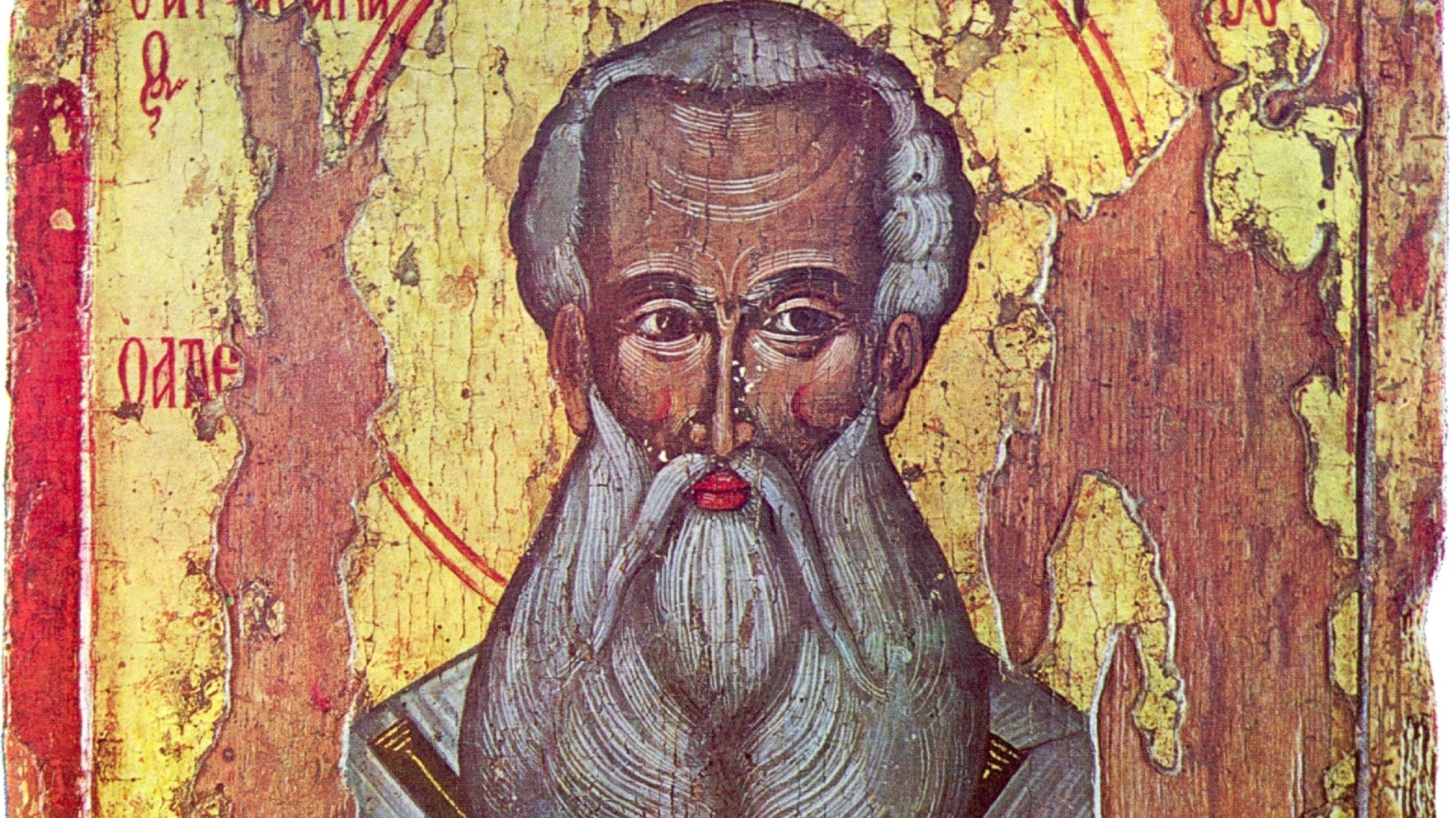In this biweekly feature, we seek to encourage the local church by remembering the times when things were much, much worse.
Heads-up: We’re going to talk about morality scandals this week. I realize it’s not necessarily the best week for it—but if it helps, today’s slice of church history will mostly be about the more exotic malfeasances of murder and black magic. Something for everyone, really.
Painful truth be told, the Christian church has had no shortage of morality scandals throughout its history; however, it’s also been true that baseless accusations of sex and violence have frequently been a convenient means of getting rid of “inconvenient” clergy. Just ask, for instance, St. Athanasius of Alexandria.
If you’re unfamiliar with Athanasius, who served as bishop of Alexandria from A.D. 328 to A.D. 373, the main thing you really need to know is that he played a pivotal role in the preservation of orthodox Trinitarian Christianity. See, as Christianity spread throughout the Roman Empire and beyond, a heresy called Arianism—the idea that Jesus was not part of the Godhead, but rather a creation of the Father—began to gain popularity. To most modern readers, refuting Arianism probably seems like an open-and-shut case: Just crack open the ol’ Bible to the Gospel of John, where it says, “In the beginning was the Word, and the Word was with God, and the Word was God,” and you’re set, right? But, thanks in part to the increasing influence of Greek philosophy in the church, the idea of a created Christ had managed to gain some serious traction in the fourth century.
Officially, the First Council of Nicaea in A.D. 325 repudiated the heresy, but Arianism still continued to grow in popularity until Athanasius was one of the few left standing against it. He was finally vindicated posthumously at the First Council of Constantinople in 381; in the meantime, though, he was exiled from Alexandria no fewer than five times for being on the wrong side of pop theology.
Athanasius wasn’t afraid to make enemies. There were a lot of people looking to discredit him—and not just the Arians. The Meletians, for example, were a sect known for refusing communion to Christians who had apostatized under persecution and later repented. Athanasius argued that the church should be as welcoming of lapsi as Jesus was—so, of course, they had to discredit him.
Discrediting someone by actually proving their ideas wrong is the hard way to do it, though. That stuff’s for suckers. Nah, when you really want to discredit someone, the secret is to catch them in a big, juicy scandal…even if that means making one up.
With that in mind, the Meletians started throwing around some wild accusations against the bishop. They started with basic stuff, like hiring a prostitute to claim he had solicited her and describe engaging in all sorts of lurid acts with him. Athanasius actually made quick work of this accusation by having a friend pose as him and confront her in front of the council of bishops. “Am I the one you accuse?” said the friend. “I’d know you anywhere, Athanasius, you dirty old man!” she said. (Or something like that.) The lie was revealed, bringing an end to that particular scheme.
That was just bush league, though. The real trouble started when his opponents dreamed up one of the most metal accusations this side of Tim Lambesis: They alleged that Athanasius had murdered the bishop Arsenius, cut off his hand, and was now using it to perform black magic. (We Christian humor writers call that “Tuesday,” but apparently it’s frowned upon when bishops do it.)
I’m sure the murder/mutilation/black magic charge seemed like a good idea at the time, but there were a couple of weak links in the Meletians’ plan. Namely: (1) Arsenius was still alive, and (2) he still had both his hands attached.
It wasn’t quite as dumb as it sounds, because Arsenius was in on the scheme. He eventually had a change of heart, though—probably because he realized it was hard for dead people to take advantage of the clergy discount at Applebee’s. But whatever the reason, he defected to Athanasius’s camp. When Athanasius was called before the A.D. 335 Council of Tyre to respond to the charges, he arranged for Arsenius to be there, disguised in a scarlet cloak—because despite everything, the church’s last champion of orthodoxy still retained his flair for the dramatic.
When the Meletians made their charge—even presenting a severed hand as evidence, which strangely seems not to perturb contemporary historians—Athanasius brought the cloaked figure forward and dramatically pulled back his hood.
“You say this man is dead?” he asked the council.
“Uh, yeah, we did, kinda, technically, say that,” they (probably) responded.
“Huh,” said Athanasius, pulling back one side of the cloak. “Welp, he’s still got his right hand.”
“Uh…,” said the council, as Athanasius pulled back the other side of the cloak, revealing the left hand to be intact as well.
“Hmm. Maybe I cut off his third hand?” said Athanasius, as he (probably) wiggled his eyebrows and chomped a cigar.
Needless to say, Athanasius was again cleared of the charges, and everyone in the church learned to never, ever make false accusations again…or at least to make plausible ones.









